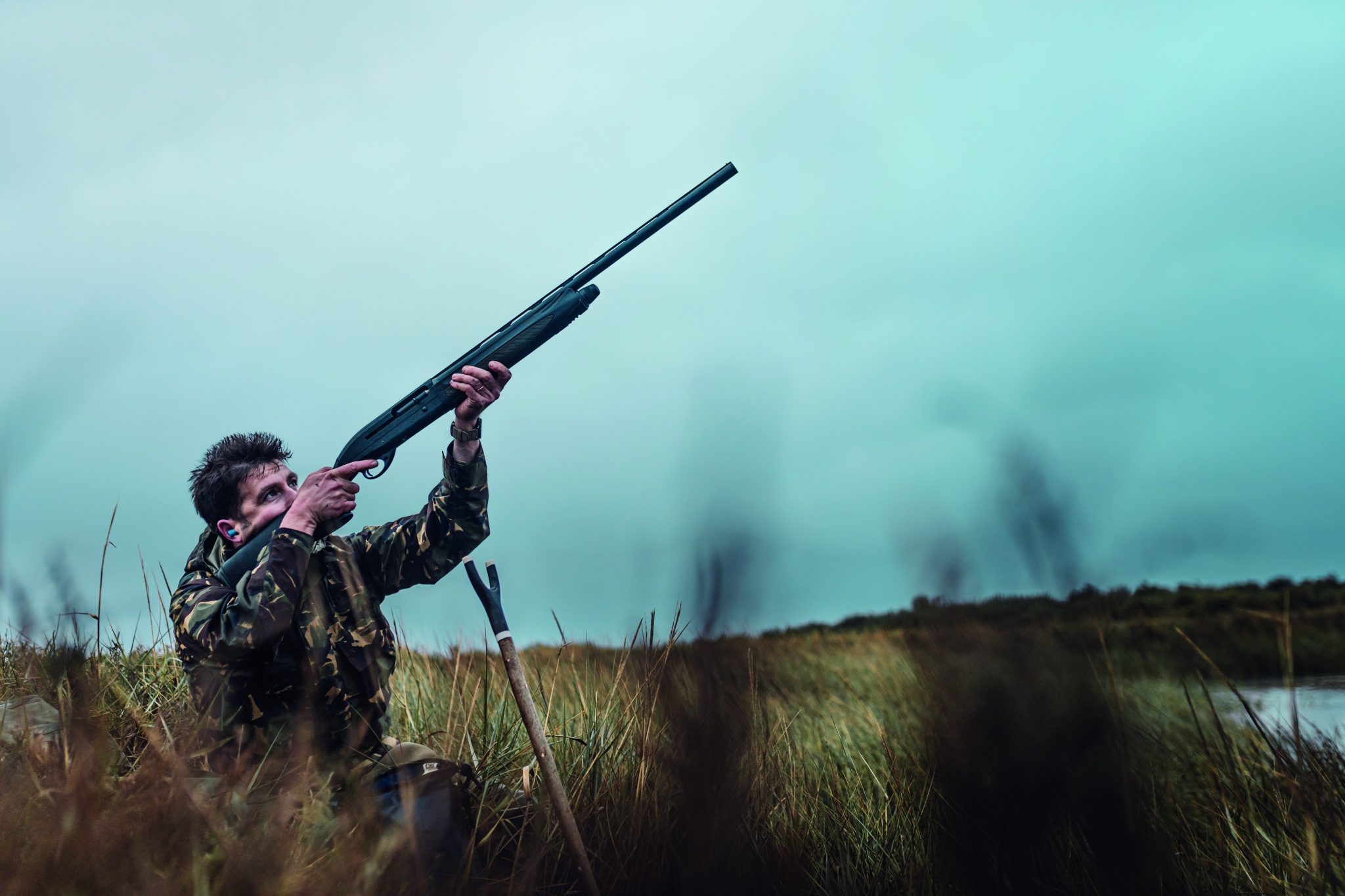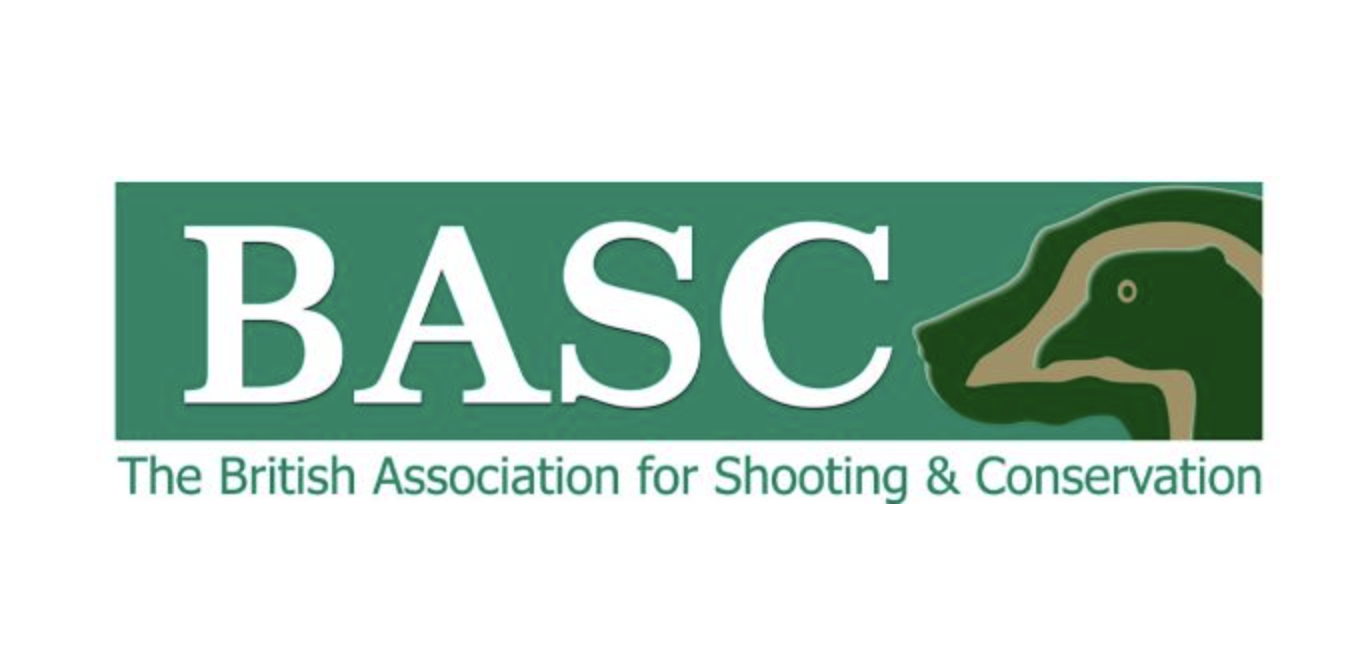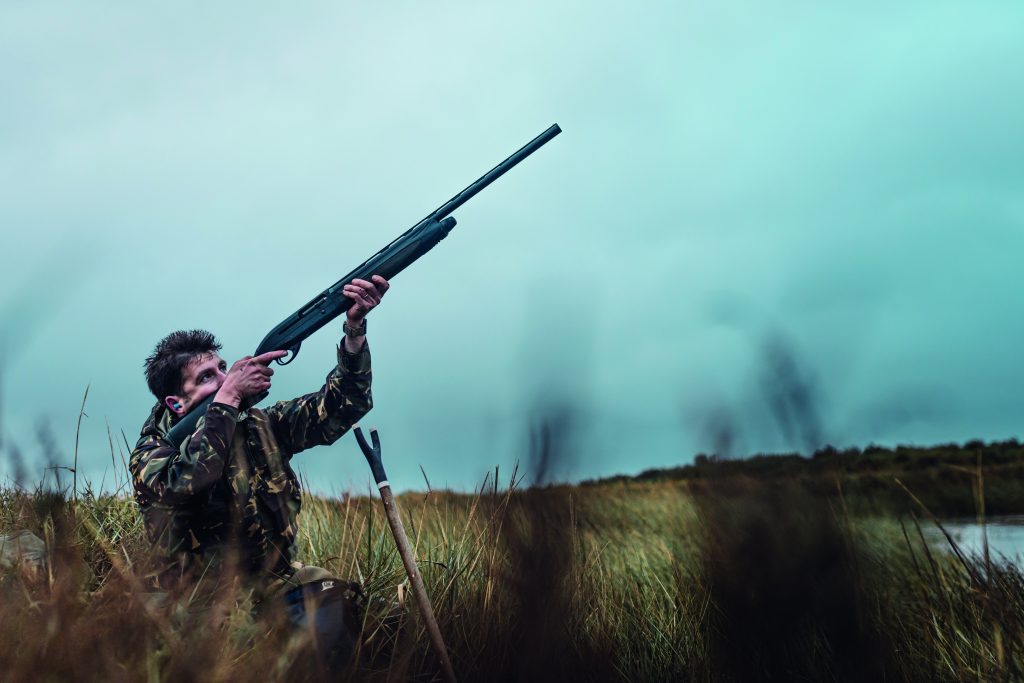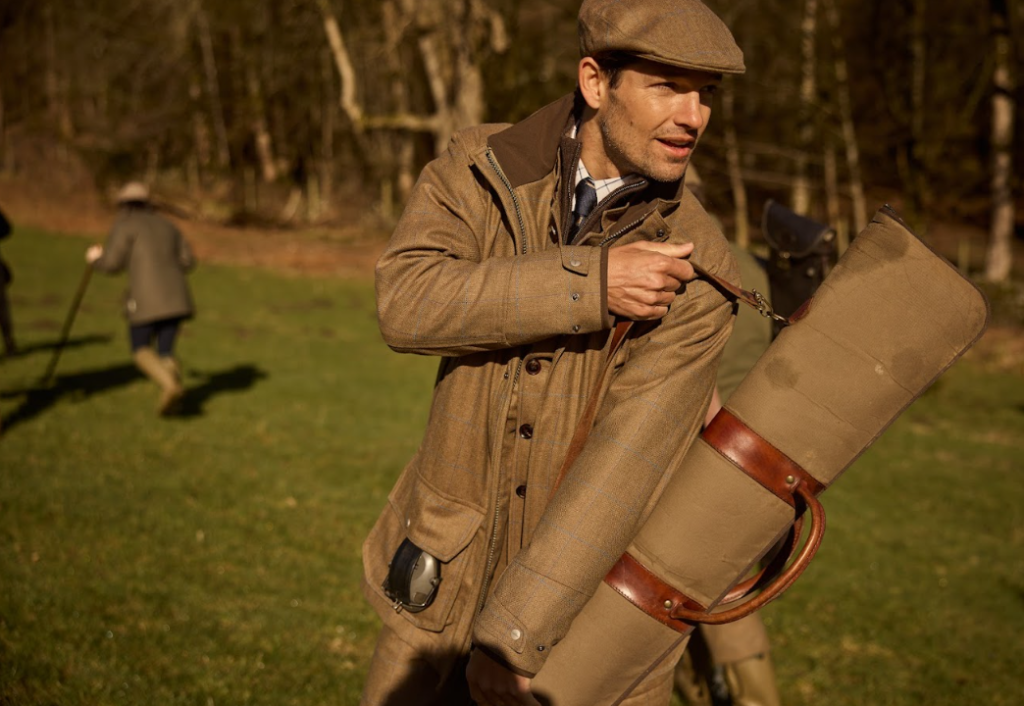Win CENS ProFlex DX5 earplugs worth £1,149 – enter here
New grey squirrel immunocontraception breakthrough
A groundbreaking oral vaccine is nearing reality, offering a less labour-intensive way to curb the UK’s grey squirrel population
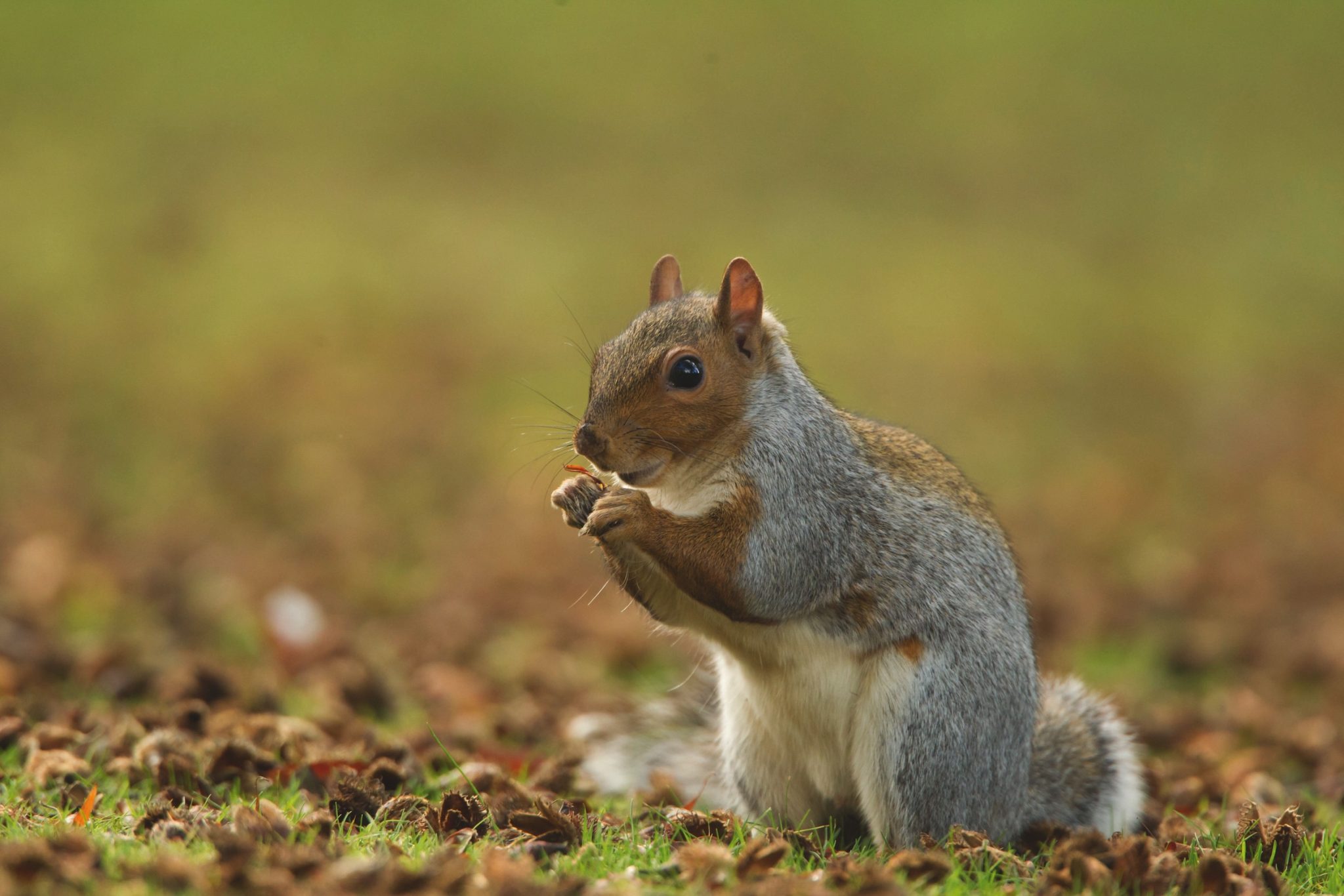
No grey areas with new contraception
A groundbreaking oral vaccine is nearing reality, offering a less labour-intensive way to curb the UK’s grey squirrel population.
Red squirrel awareness and a new approach
Red Squirrel Awareness Week runs from 6–12 October, and there is some excellent news in the battle against the grey menace. A new management method is a major step closer – immunocontraception.
Stick with me if you thought the best management option was culling. The fact of the matter is that culling is not curbing the overall number of grey squirrels in the UK.
There are no recent population estimates, but the last figure we have gives two million animals. Academics will tell you that was likely an underestimate at the time, and numbers will have increased since.
Learn more about red squirrel conservation on BASC’s website.
Why culling isn’t enough
As well as the effort expended on culling, one problem is that it does not take place everywhere. This leaves areas acting as refuges and reservoirs for greys to reinvade surrounding land.
This phenomenon leads to the familiar pattern of each year having to cull as many as the year before.
You can address this by coordinating your culling with neighbouring landowners so that you get control at scale. Red squirrel conservation projects have taken this approach but they always fail to get 100% coverage. Sometimes it’s due to lack of personnel to carry out the cull, or because a landowner does not want to kill grey squirrels.
Immunocontraception will help where culling is not appropriate. It will also keep numbers from bouncing back.
How immunocontraception works
Immunocontraception is where you get infertility by creating an immune response. In essence, you are tricking the animal’s body to switch off hormones that mature eggs and sperm.
There have been effective vaccines that do this for decades, but they must be injected. That is not practical for grey squirrel control, so a combination of the UK Squirrel Accord (of which BASC is a signatory) and the Animal and Plant Health Agency (APHA) has been working on a way to create a vaccine that can be safely and effectively delivered through food bait.
A breakthrough in vaccine delivery
News released in September revealed that the group has managed to create a vaccine in a food bait that stops rats reproducing. To protect the vaccine from stomach acid it has been encapsulated in pollen grains, which can move through the gut wall and into the bloodstream.
This is a major breakthrough. The next stage is to refine it so that it works on the slightly bigger grey squirrel.
Designing a safe baiting system
In parallel, the scientists at APHA have been working on a way to deliver the vaccine bait to grey squirrels in the wild. BASC, its members and red squirrel project teams have supported this work for years.
The result is a feed hopper that looks much like a live capture trap but will only open to grey squirrels. Various systems are being tested, including weighted doors to exclude mice, rats and birds. There are even scales that allow the door to open only if the animal weighs over 450g. That’s above the weight of a red squirrel but within the range of most mature grey squirrels.
That means it could be used in areas with red squirrels quite safely.
Refinement and the road ahead
We are still some time away from having this ready for field use. The final refinement of the vaccine bait is needed, followed by large-scale trials. It will then need to be registered for use and produced for the market.
But it is worth the wait. It is going to give us a viable option where control isn’t taking place, removing those refuges for greys.
It is much less labour-intensive than trapping as there is no need to check them – you are simply feeding them. It will also help to limit population recovery after culling has reduced numbers substantially.
Imagine doing an intensive culling of greys, then just popping some hoppers out to make the remainder or newcomers infertile.
Good news indeed for the health of forests, red squirrels and for the effort we have to put into managing grey squirrels.
“It is going to give us a viable option to use where control isn’t taking place.”
About the author
Ian Danby is BASC’s head of biodiversity and collaborates with the Non-native Species Secretariat to help minimise the threats to UK wildlife from invasive non-native species.
Related Articles
Get the latest news delivered direct to your door
Subscribe to Shooting Times & Country
Discover the ultimate companion for field sports enthusiasts with Shooting Times & Country Magazine, the UK’s leading weekly publication that has been at the forefront of shooting culture since 1882. Subscribers gain access to expert tips, comprehensive gear reviews, seasonal advice and a vibrant community of like-minded shooters.
Save on shop price when you subscribe with weekly issues featuring in-depth articles on gundog training, exclusive member offers and access to the digital back issue library. A Shooting Times & Country subscription is more than a magazine, don’t just read about the countryside; immerse yourself in its most authoritative and engaging publication.



